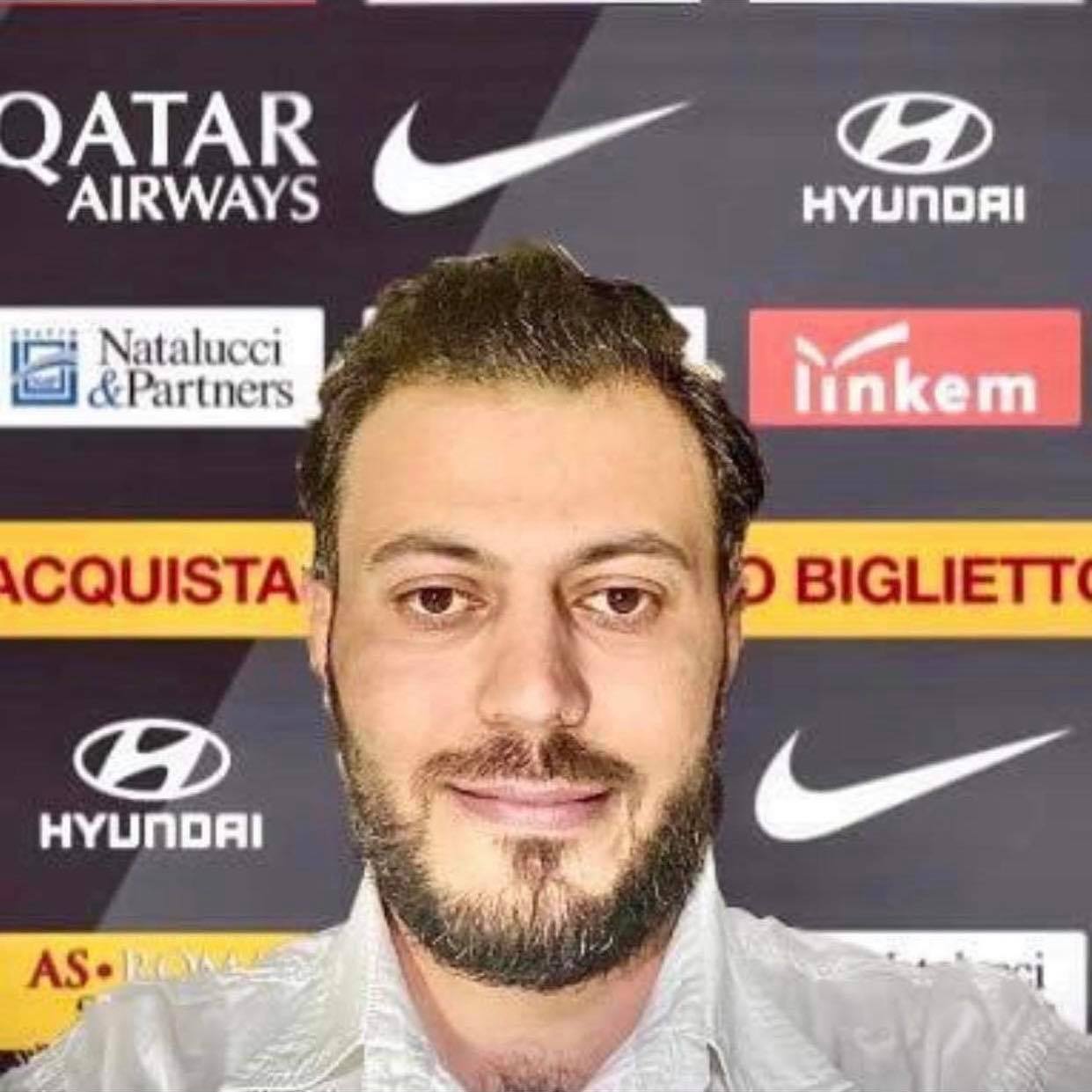It can’t have been easy for someone to be born in one country, grow up in another, live in a third and represent a fourth in the Olympics. That, in a nutshell, is the story of Palestinian swimmer Yazan Al-Bawwab, who was born in Saudi Arabia to Palestinian refugee parents, grew up in the United Arab Emirates and now lives in Canada.
Al-Bawwab is currently finishing his mechanical/aerospace engineering degree at Canada’s Carleton University in Ottawa. The 21 year old is also a qualified swimming coach with dual Italian and Palestinian citizenship. “I’m also a practising Muslim,” he told me, “and started swimming when I was three.”
It was his father’s dream to do what Bawwab has achieved: to swim in international competition.
“My father has supported me throughout my life,” he explained. “He took me to swimming lessons up to ten times a week for around ten years. Some of the classes were at four in the morning, so he needed to keep me motivated.” Having enrolled in Speedo Swim Squads, a swimming club in Dubai from when he was 13, he now coaches children from the age of 3 up to 16.
As a Palestinian living in the diaspora, I asked, what made him decide to represent Palestine at the Olympics? “Living outside of Palestine makes me feel a little different bit to the Palestinians inside the country. I have never experienced their pain and can’t imagine how young people in Palestine grow up with all the hardships they face on a daily basis.”
READ: Meeting Palestine’s Olympic heroes: Hanna Barakat
His parents know what it is like to grow up under occupation, though, and he noticed what this meant to them. As often happens, it was through a family contact that he understood that there was a possibility for him to represent Palestine on the world stage.
“My uncle knew someone at the Palestinian Swimming Federation; we started to talk, and I began to represent Palestine. This meant a lot to my parents, who both had their land stolen and will never forgot what they had to go through when they were younger.”
Was it an easy decision to make given his multinational upbringing? “I grew up with my parents telling me stories about Palestine and the troubles they faced. This made me understand what they went through and that I will never forget my country.”
Sport in Palestine is relatively weak, he pointed out, understandably so, because it is a privileged thing for people to do and they don’t realise it. “In Palestine there are a limited number of swimming pools, and none of them are Olympic sized, so the facilities to nurture champions are just not in place. Funding goes towards basic necessities, which means that sports are underfunded.”
How did he feel representing Palestine when many world leaders turn their backs on the Palestinians? “I don’t really care what people say and what world leaders say about Palestine. Their opinions never did matter, and when we as Palestinians start caring about what people think about us we will never get anywhere. We make our own paths and the best thing we can do is get educated and expand our thinking to help the Palestinian people in our own ways, feeding the poor or building hospitals and schools will be the best thing we can do for ourselves. We are alone.”
As an athlete and as an individual what would Bawwab like the world to know about him, his roots and his connection to Palestine? Indeed, what should they know about Palestine itself?
“I would like everyone to know that I’m proud to be Palestinian and that I’m representing a country which is under-represented in world affairs. I am no different to the average human being, and I don’t want to cause trouble to anyone. We shouldn’t put labels on people just because of where they were born or the colour of their skin.”
READ: The Israeli occupation hindered this Palestinian Olympian’s progress, not her determination
Bawwab was “honoured” to take part in the Olympic Games in Tokyo. In fact, he said that it was “amazing”, not least to be able to meet and talk to athletes from around the world, and talk to them about Palestine. “I thank God for the opportunity,” he added quietly. “The most rewarding aspect was to see my family and friends happy for me, especially my parents and siblings.”
What’s the biggest challenge facing Palestinians athletes today? Nothing particular comes to mind, apparently.
“There are so many things that make up the challenging situation that all Palestinians face. On top of these, would-be athletes face challenges trying to take up a sport, and then have to train, which isn’t easy in such circumstances. Even living outside Palestine, I can’t train and swim full-time. I have to study, get my degree and find a job because I have no one to rely on if my sporting income isn’t enough.”
In this respect, he advises young athletes to be able to support themselves, and not have to rely on anyone. “They can do it. Nobody is better than the Palestinians when they need or want something.”
Where does Yazan Al-Bawwab see himself in five or ten years from now? “Hopefully having a good engineering job and living comfortably with my wife. And possibly still competing and representing Palestine in the 2024 Paris Olympics.”
He is keen to be a role model for other Palestinian athletes, although he doesn’t really have a coach or athlete who he looks up to. As far as the future is concerned, away from the swimming pool he wants to help the people of Palestine in some tangible way.
“Anything I can do that will give something back to the communities in Palestine is a dream of mine,” he said. “And that would include teaching youngsters to swim, or even just how to have fun.”












